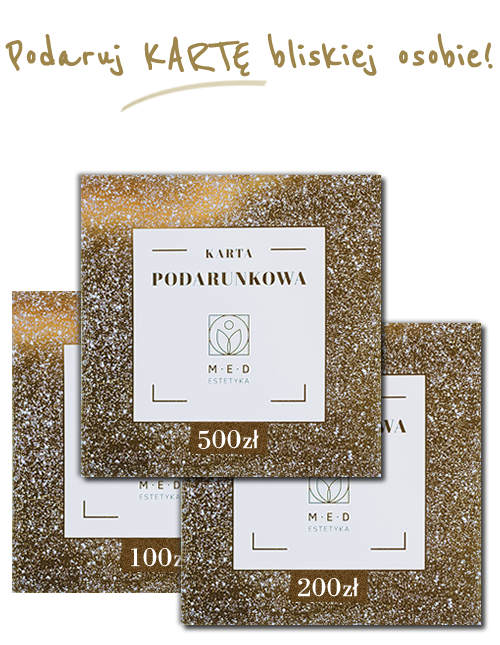TSH receptor antibodies - TRab
Material: Blood
Study price: PLN 82.00
Waiting time for the result: result no later than the next working day
Booking:
Study price: PLN 82.00
Waiting time for the result: result no later than the next working day
Booking:
- Check, the hours of operation of the collection center and where booking an appointment is required.
Buy with eReservation "Buy without logging in "Check Download Points "
Preparation for the study
General
- The test material is blood.
- The patient does not need to be fasting.About 30 minutes before the test it is advisable to drink a glass of water.
Description
Thyroid diseases are among the most common diseases in the world. It is estimated that almost 20% of the Polish population suffers from thyroid dysfunction, and Graves-Basedow's disease affects 0.14% of Poles.
The main role in the induction of hyperthyroidism in Graves-Basedow's disease is played by antibodies against TSH-stimulating receptors (TRAb). These antibodies directly stimulate thyrocytes to produce hormones, i.e. thyroxine and triiodothyronine, and their persistence in serum is associated with an active disease. In the blood of people with Graves-Basedow's disease, there are also other antibodies that recognize various antigenic structures of thyroid follicular cells. These antibodies include antibodies against thyroglobulin, against thyroid peroxidase, and also antimembrane antibodies. Graves-Basedow's disease is a chronic disease, with periods of exacerbations and remissions, with a very diverse clinical picture. In rare cases, Graves-Basedow's disease may coexist with Hashimoto's disease or one disease may transform into the other. In such cases, it is possible to have TRAb and anti-TPO antibodies in the blood.
Graves-Basedow's disease manifests itself in genetically predisposed individuals, often under the influence of adverse external factors such as stress, excessive iodine intake or infections - both viral and bacterial. The genetic predisposition of the discussed disease is supported by: family occurrence, coexistence with other autoimmune diseases such as type 1 diabetes, Addison-Biermer's anemia, vitiligo, etc.
The main role in the induction of hyperthyroidism in Graves-Basedow's disease is played by antibodies against TSH-stimulating receptors (TRAb). These antibodies directly stimulate thyrocytes to produce hormones, i.e. thyroxine and triiodothyronine, and their persistence in serum is associated with an active disease. In the blood of people with Graves-Basedow's disease, there are also other antibodies that recognize various antigenic structures of thyroid follicular cells. These antibodies include antibodies against thyroglobulin, against thyroid peroxidase, and also antimembrane antibodies. Graves-Basedow's disease is a chronic disease, with periods of exacerbations and remissions, with a very diverse clinical picture. In rare cases, Graves-Basedow's disease may coexist with Hashimoto's disease or one disease may transform into the other. In such cases, it is possible to have TRAb and anti-TPO antibodies in the blood.
Graves-Basedow's disease manifests itself in genetically predisposed individuals, often under the influence of adverse external factors such as stress, excessive iodine intake or infections - both viral and bacterial. The genetic predisposition of the discussed disease is supported by: family occurrence, coexistence with other autoimmune diseases such as type 1 diabetes, Addison-Biermer's anemia, vitiligo, etc.
Development and preparation of material (applies to contractors only)
1044
Antibodies to TSH receptors (TRAb,TBII,TSI ), TRAb,TSI, anti TSHR


